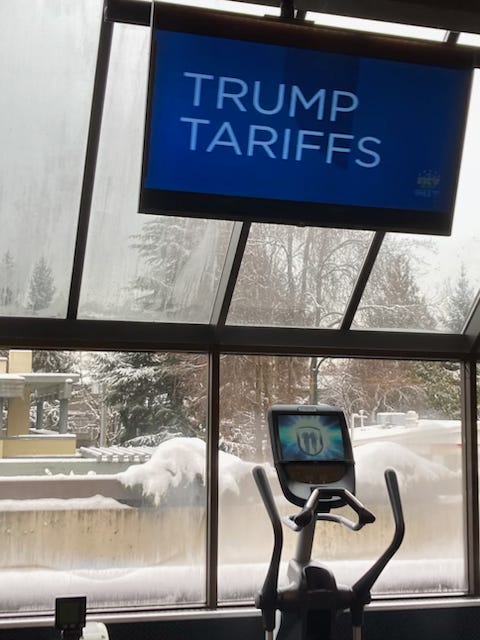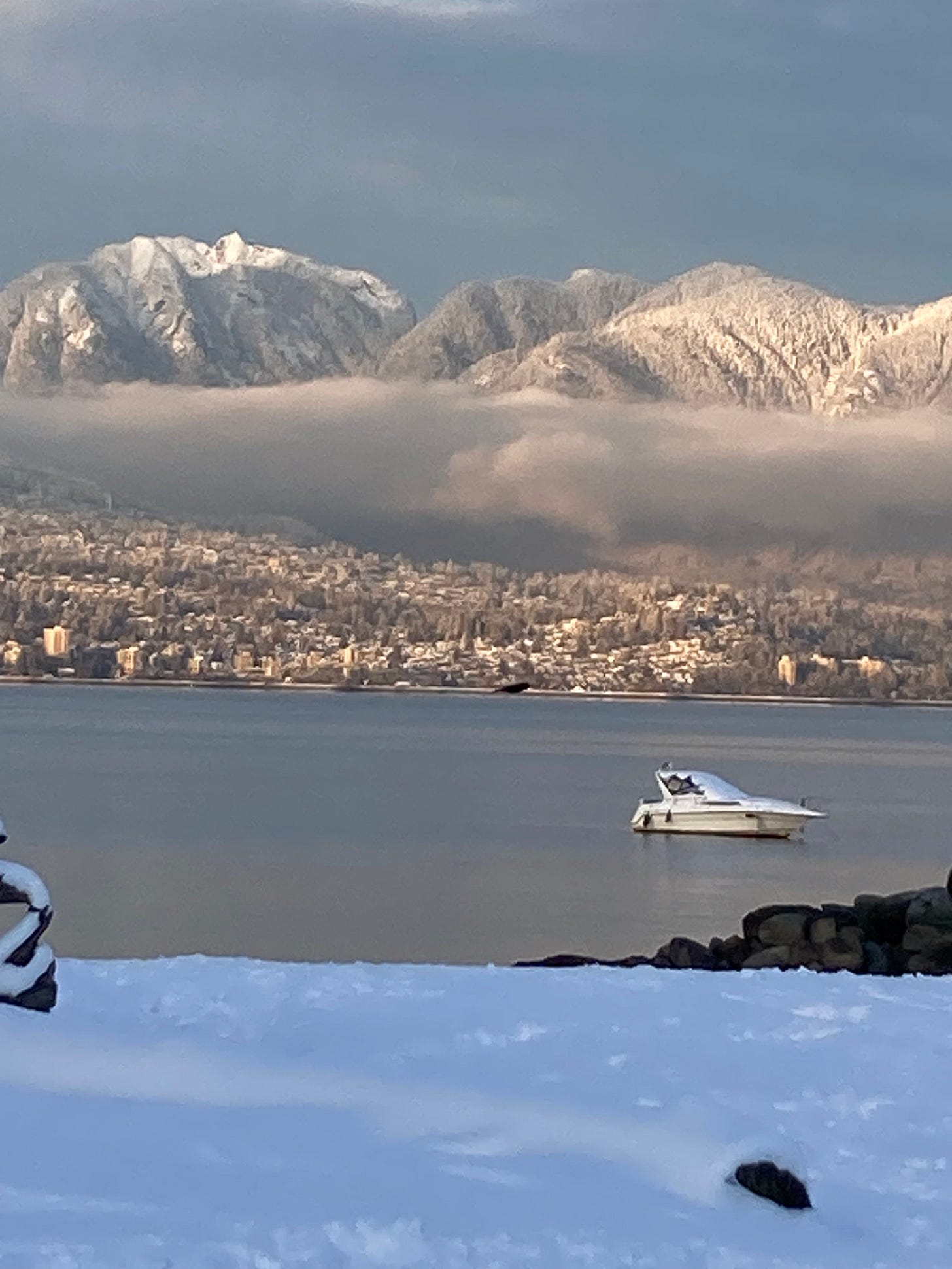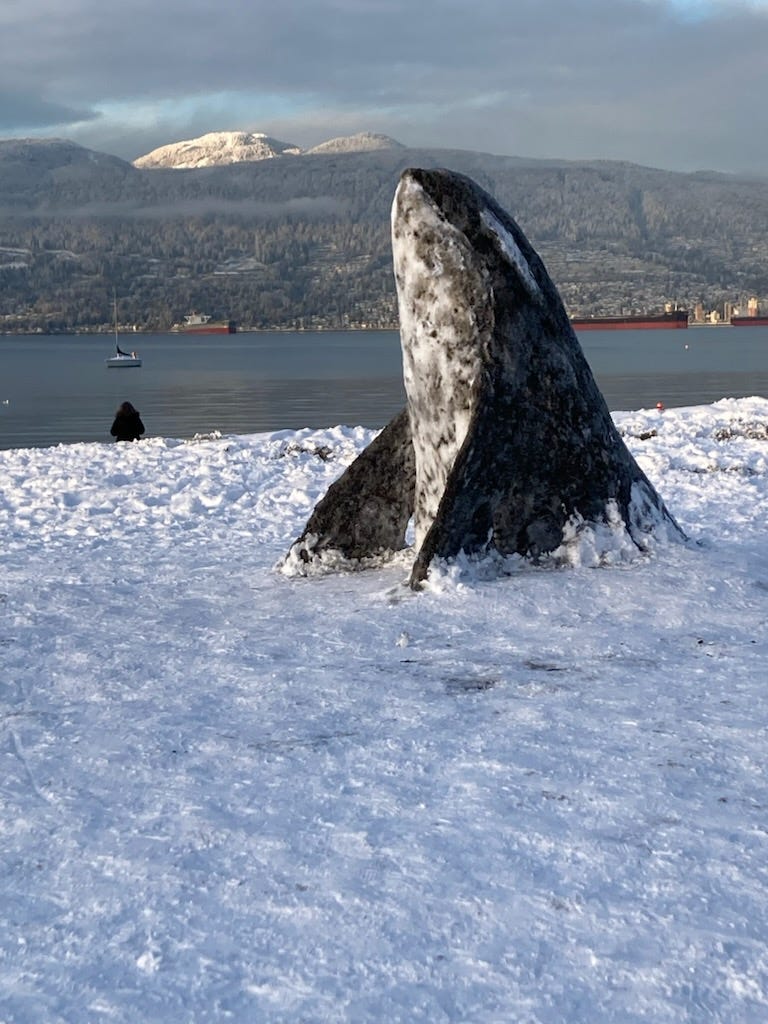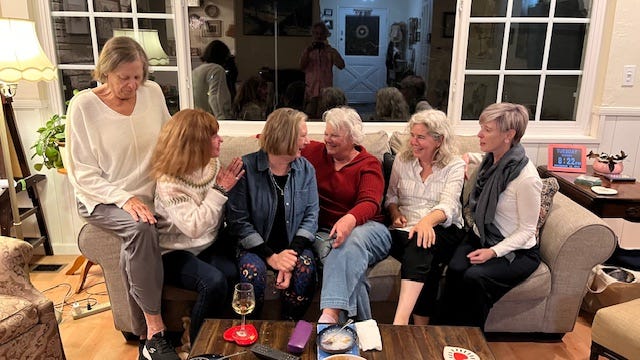Dear Desperate Ones,
We need to be together right now. All of you readers and writers, you introverts who prefer to be alone with your thoughts and your books, need to put on pants and get out of the house to find someone you can read and write with.
We need to book club harder than ever, book club as if our lives depend on it. (And on that note, please scroll down for a beautiful interview with Unschool For Writers founder Alison Acheson on how an ordinary yet extra-ordinary book club in San Diego came to include her as a member.)
If you don’t have a book club, now is a good time to start one. Regardless, get out there and connect; it is a good antidote for all that divides us. All over the world, nations are going through the dystopian version of the Sorting Hat in Harry Potter, where we are divided into opposing houses, where allies are suddenly cast as enemies and enemies as friends. There will be great pressure to mistrust one another, to become nationalistic and enraged and fearful, but you know what? We can resist. We need to go bowling and meet for board games and potlucks and host readings and invite strangers into our living rooms and volunteer at food banks and sing our heads off in church choirs and talk to people in grocery shops and realize that even those who are saying things we find reprehensible have probably been sorted without their conscious knowledge by the wicked sorting hat, and in other circumstances might be other people entirely, might well be friends.
What is a Desperate Writer to do in times like these? Perhaps part of our job is simply to describe what is happening as accurately as possible, and how people are responding to it. As the ground shifts under our feet, we are like the seismographs measuring earthquakes for posterity.
We experienced an earthquake this Friday in Vancouver. We felt two quakes, a milder shaking that caused us to look up and wonder, and then a more severe 4.8 snap of the house and everything in us that made us both say, "earthquake!," grab the dog and hide under the table. As we lay under the table, my wife said, "We haven't worried about earthquakes in a while now."
"No," I agreed. "I'll have to add it back into my rotation of worries." She laughed. It was good to laugh together, lying curled up on the floor, staring at the underside of the table.
First female US Congresswoman Jeannette Rankin said, voting against both World War I and II, "You can no more win a war than you can win an earthquake." I don't believe history supports her absolute pacifism, but certainly she held her own with courage as the sole dissenting voice, 388 to 1 in the House. Perhaps Thomas Mann's words more accurately reflect the tragedy and failure of leadership that result in wars: “War is only a cowardly escape from the problems of peace.” We are deeply enmeshed in the problems of peace, as well as several regional wars, declared and undeclared, that threaten like forest fires to spread out of control. Most of us wish for peace, yearn for it. I would give so much to settle this in the hockey arena rather than the battlefield, and not just because Canada owns the game.
So write! Read! (next on my list is Ursula LeGuin's Five Ways to Forgiveness). Read Ibn Khaldun and the Stoics and recall that history is cyclical. It's new to us, but none of this is new. We survived Covid, most of us and most of us will live through this too. Gird your loins, gather your supports. For the vast majority of us, what we think or believe is irrelevant to what will happen. History is the thing that shakes us down like an earthquake. The best we can do is be kind, survive, and remember that most of us will find out who we are and experience a surge in post-traumatic growth through the experience. So: silver lining?
My wise friend Mary wrote a list that I think is worthy of a wide readership:
1. I will not despair
2. I will stay informed
3. I will learn from experts to understand what is happening
4. I will study heroes, past and present, for inspiration and lessons about how to respond
5. I will take care of myself, my family and community
6. I will be ready to take action when there is a clear path forward
To this useful list I would add: I will live as much as I can in the real world, and not the virtual one.
~ ~ ~
Anne Marie Corrigan, who writes Shocky’s Corner for Desperate Writer, is hosting this event tomorrow in Vancouver as part of the Jewish Book Festival with writer Laurie Frankel, while I’m hosting the Giller Book Club to interview Caroline Adderson on March 5th (online). Please join:
~ ~ ~
In other news, it's been a sunny, cold, strange month. The North Shore mountains and the whole city were sparkling with snow, the sky was bright blue here, the politics red-hot--but the rains have now returned, and snowdrops are pushing their way up.
Dear readers and writers, wherever in the world you are, I hope you are finding ways to be outside. Outside has so many things going for it. We can still get a little lost in beauty when we are outside. We can swim in the sea which is bigger than anything that happens on dry land. We can remember how great and glorious the world is, no matter what humans do.
On the first day that Trump imposed 25% tariffs on everything from Canada (now on hold) one of the TVs at my gym was frozen with this image on it:
Yes, it got my heart rate up, but not in a good way. When I went outside with crampons on my shoes I had this view instead as I crunched through the snow. Cold deep breaths of clean air coming off the mountains and over the ocean--there's nothing as restorative, nothing as good for the soul.
I saw an artist who was making orca whales out of sand and snow, for no other reason than the delight of making something beautiful and giving it away for free. A lot of us are looking for comfort right now, and that comforts me--that someone can offer up their creation for whoever passes by, with no expectation of gain or even the desire that it will endure--because a whale made of sand and snow is ephemeral. But in the end, most things are. Trump is, we are. Nearly all of what we create will last only slightly longer than this orca.
The orcas are gone now, and all the crowds that surrounded this artist as he worked have gone too. But so what? The art now lives in our memories. That is more than enough.
~ ~ ~ ~
book club interview with Alison Acheson (second from the right)
Name of book club
book club.
Yes, that’s what we call it! I’m certain, too, that it’s with lowercase letters.
How and when did your book club get started?
Book club has been around for decades. So long, that the history is a bit murky for this newbie; I only know that some members have known each other and spent time together since their children were in primary grades.
Up until the past two meetings, I’ve had the designation of “newbie.” I’ve had this distinction since 2020, the first summer of covid.
A friend-of-a-friend read my memoir of caregiving, and shared it with the group at her turn to provide a title. This is how things happen. She asked me if I would consider joining for a zoom discussion and any questions. It’s the only time a writer has attended.
At the end of the night, half in jest, they invited me to come to the next meeting. They seemed a bit surprised when I turned up six weeks later! Funny to think of that now.
Remember how in those intense early months of covid there was an openness to random opportunities to connect? It was one of those. I remember how, in my mother’s usually standoffish neighbourhood, folks would invite us into their back yard to see the garden they’d just worked on, or the fish they’d ordered for their pond, or to chat over the fence. There was magic in that.
I’m the only one in the group who isn’t a resident of San Diego. When the restrictions came to an end, I thought that they would want to meet once again in each others’ homes. There was some brief discussion of how I might have a place at the table—that is, be the “zoom head” on a computer screen. But when they discussed seriously, they realized that they wanted to continue to meet via zoom.
How does the group work?
Alphabetically, each takes a turn to recommend a title. We’ve read novels, short stories (less often), and memoir. Only once have we each read a different book and shared a review with the others. Usually we read the same book, and someone finds a set of questions or, less often, creates them.
Are you a diverse group or do you have backgrounds and other interests in common? Is there anything that all your members share?
Our most recent newbie is originally from the UK. I am the sole Canadian. I am aware of the level of sadness around what it is to be American in these past years, and now especially. As long as I’ve been part of the group, there is curiosity about, “How are Canadians seeing us? What’s happening up there?” Although the original group has tightly-knit over decades and shared lives, the openness and welcome I have felt—now experienced by another—has been good. The one thing that we share is a deep enjoyment of reading.
Our newest member has been a member of other groups. When she heard that we have a club, she was quick to ask about our meetings: and her first question was, do we actually talk about the book? And when she was reassured that yes, we do, she asked if she might join. There’s a hunger for real discussion.
Perhaps where our differences show up—in the best ways—is with the reading choices. To date, my favourite choice has been A Fort of Nine Towers, by young writer Qais Akbar Omar, a memoir of growing up in Afghanistan, an incredible book, both in content and with beautiful writing.
As a result of book club, I’ve read many books that I would not have otherwise. I can get too busy with research for even my fictional projects. Not long ago, I completed a children’s novel set in London, 1526. The reading-research was intense. Too often, my personal reading places me in some corner on my own—or it feels so. This—book club—is reading with others in my corner, the perfect coupling of warm isolation or solitary togetherness.
What makes your book club unique?
Is it unique? Really, it's rather ordinary, I think, when pushed to put into words. But then, on further thought, “ordinary” is feeling very extra-ordinary right now.
Through pandemic and calm, through madness and the day-to-day… book club is just there. The turn of a calendar page, another month, another book. It has a history and longevity. It’s a rock in a storm.
What is a memorable/funny/difficult discussion you've had about a book?
Even when we disagree, we get on. Again, extra-ordinary! It’s a fair-minded group. We don’t all like all the books. But we discuss each.
The responsibility of suggesting a book is an interesting task. We each seek out books that will pique something. We each strive to make the others feel that our time has been well spent. This feels to be more the goal, as opposed to everyone liking the book.
As a writer
As a writer, book club has proven to be a window into how readers read and absorb. Even though I didn’t have “book club” in mind while writing my most recent work, as publishing day loomed closer, I began to put together my own reading questions to go into the back pages. And I realized I had in mind our little group, and the function of the nature and push of such questions.
Some questions send a group off the pathway into anecdote land. That can be fun—maybe especially for groups that tend, like ours, to stay with the plan for the most part. But one such anecdote-evoking question is enough for me. I prefer when it’s the closing question, and there’s a shift from how we talk about the book, to returning to our lives and the parts of our lives that we share.
Perhaps, more than anything, book club has reminded me what it is to read for pleasure. What a gift! As a writer and writing instructor, I tend to slip into observing and noting and too much of the mechanical—instead of just what makes me forget the process and appreciate Story.
Another note-worthy piece for me is how this use of Zoom is my one and only. After teaching via Zoom for many months, I ended up with some real mental blocks around working on screen. I’ve found it tough to do presentations and other career-oriented bits. But somehow, having one such piece in my life that is purely socializing is positive. It might make it possible for me to use the technology down the line in a way that doesn’t fill me with dread… as it currently still does.
Book club is solace. A piece of cross-border connection. A small group of women who love to read, to think, and to maintain friendship. This, perhaps, above all.
In the end, Wilbur the pig had this to say of Charlotte the spider: It is not often that someone comes along who is a true friend and a good writer.
Really, it’s more than enough that someone be a good friend. And share a book club.
~ ~ ~
Thank you, Alison, and all the San Diego members of book club!










"Book club is solace. A piece of cross-border connection. A small group of women who love to read, to think, and to maintain friendship. This, perhaps, above all."
How I love this quote from Alison. May we all find solace in the company of good friends and interested book readers. It is the kind of blessed gathering that encourages my favourite kind of conversation. (Also chuckled at the scene of you, AA, and your wife cracking jokes under the table during the earthquake!)
Thanks for this spirited, encouraging piece, Rachel.